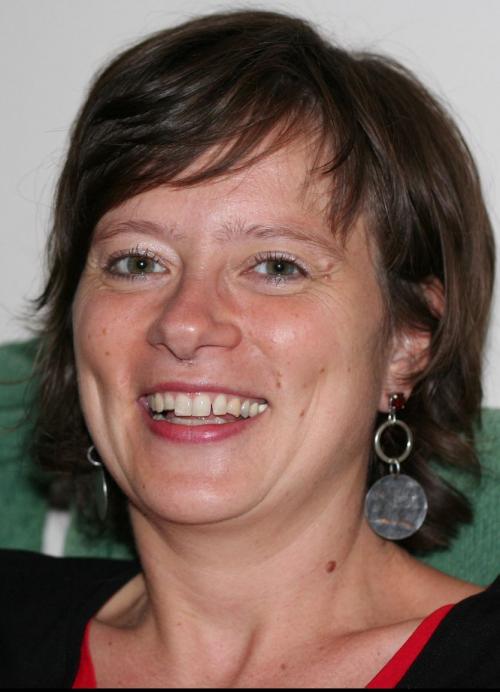People in EHRI: Andrea Löw

Leader of Work Package 5: Training
The EHRI project had only just started when I moved from Berlin to Munich, so the launch in Brussels was my first official trip after I began working at the Institute of Contemporary History (IfZ). During the first few months I was involved in the project as a kind of advisor, without having any special responsibilities, but during the EHRI meeting in Prague last May my colleague Johannes Hürter, leader of Work Package 4, asked me whether I would like to become leader of Work Package 5, to which I enthusiastically agreed.
Work Package 5 (Training) organizes four summer courses for young Holocaust researchers, focusing on researchers from Eastern Europe, which will take place in 2013 (Munich and Paris) and 2014 (Jerusalem and Amsterdam). These courses will focus on Holocaust history and research, sources, perspectives, debates and many, many more interesting topics. We will also develop online training materials which will allow a much wider audience of individuals and researchers to benefit from EHRI.
My work for EHRI corresponds perfectly with my research on the Holocaust, especially on ghettos and the persecution in Eastern Europe. My main project in our institute is the project ‘The persecution and annihilation of the European Jews by Nazi Germany, 1933-1945’ (see http://www.edition-judenverfolgung.de/neu/). The volume I have been working on will come out this May and is about Germany and the Protectorate of Bohemia and Moravia from September 1939 to September 1941. I was also involved in our first volume on Poland.
I gained my PhD with a work on Jews in Litzmannstadt/Lodz ghetto in 2005. I worked at the Research Unit for Holocaust Literature (University of Giessen) after that, and then in 2007 I started working in the Berlin branch of the Institute for Contemporary History. In all the projects I have been involved in, I find it particularly exciting to be in contact with researchers and different people all over Europe (and beyond), so I like the idea of EHRI being used to connect people interested in this important topic.
I love my work – but I also love spending time with my boyfriend, who is a historian too, and I try to save myself some spare time for running, travelling, reading, going to the theatre or just going out with friends and chatting.
